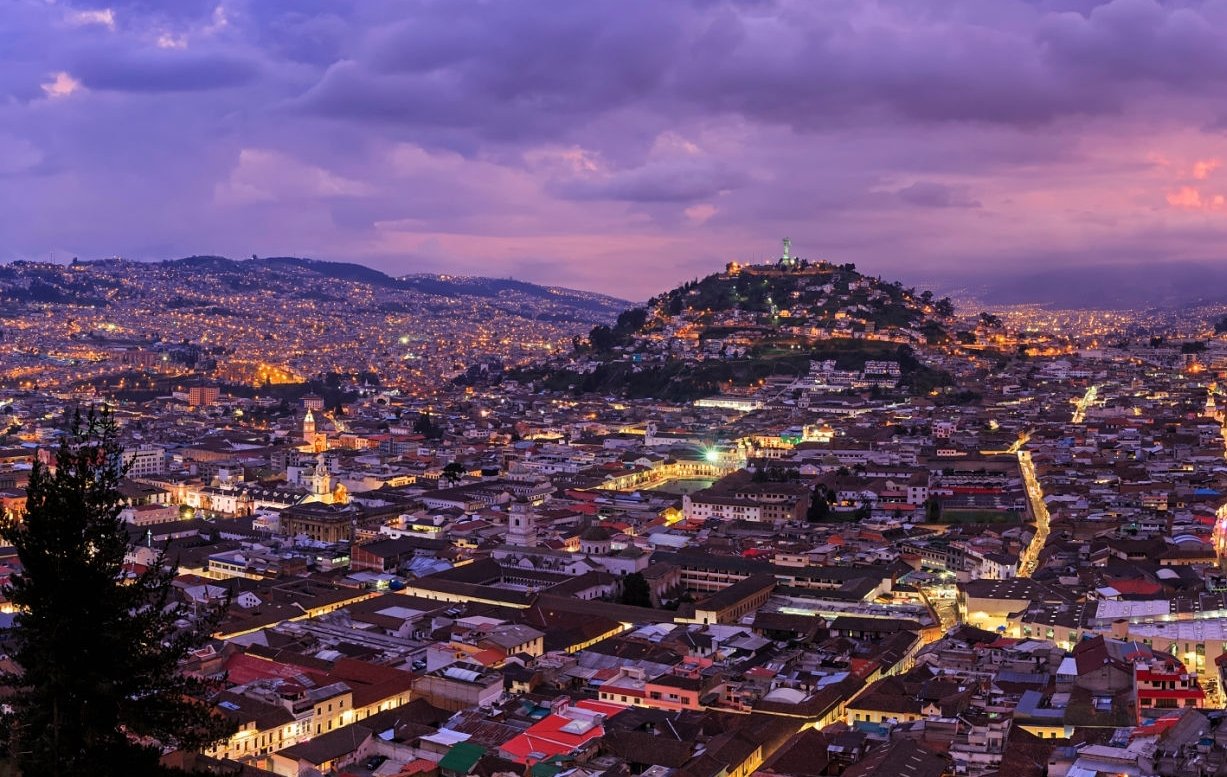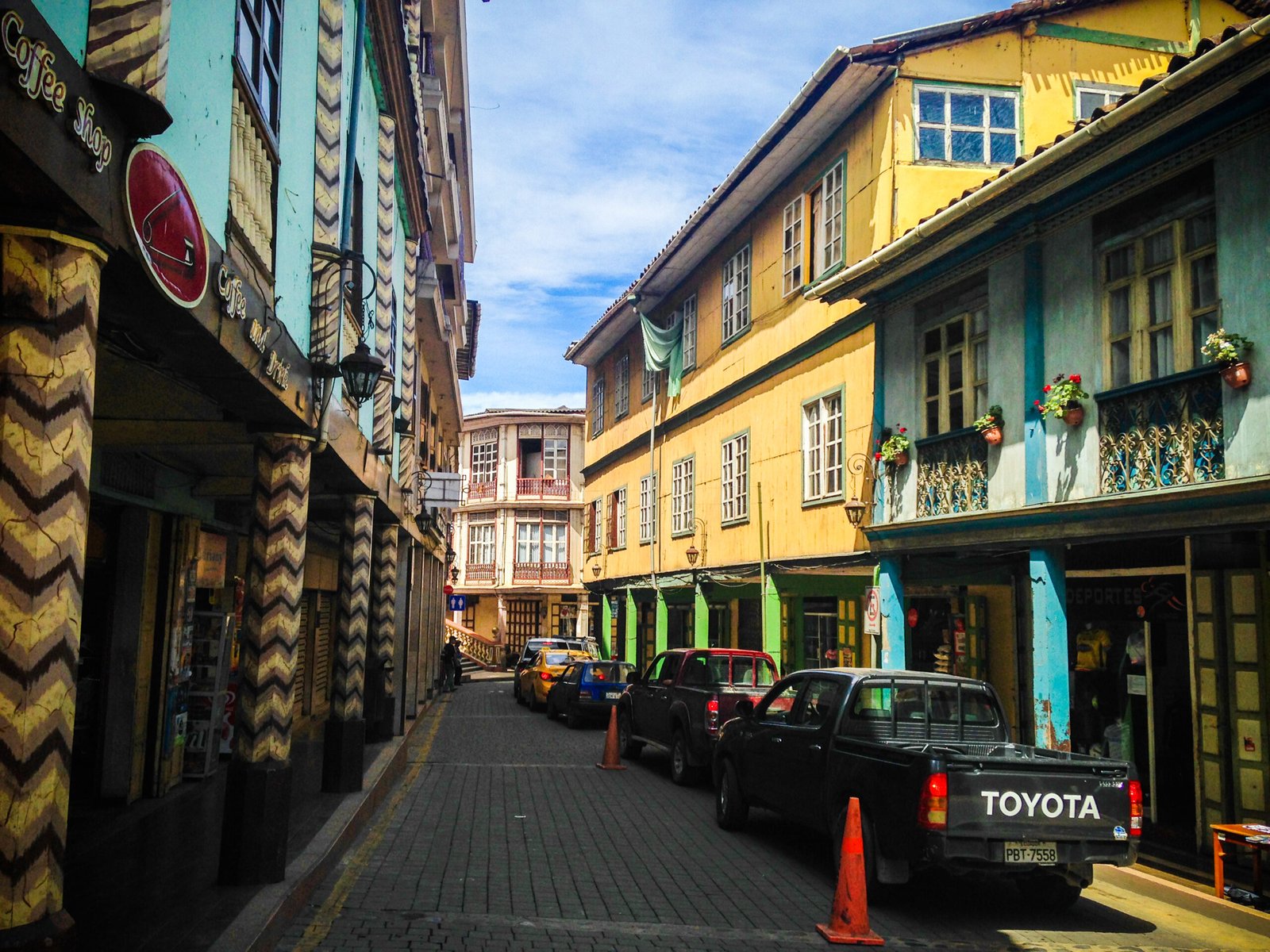Sustainability is an undisputed element in tourism. Its ecological, economic and socio-cultural dimensions must always be balanced.
The value of gastronomy in Ecuador.
Texto & Fotos: Emma Pla Rusca.
Sustainability is an indisputable element in the deployment of any type of tourism. Its environmental dimension, as well as its economic and sociocultural dimension, must be balanced to ensure that present development does not in any way compromise future development. This is the commitment reached by 150 countries in 2015, defining for its scope the 17 goals of sustainable development which, together with the 169 goals set, constitute the so-called 2030 agenda. In the face of this reality, the destinations are eager to find resources and elements that will help them evolve in the tourism plan in a sustainable way.
In this sense, the promotion of gastronomic tourism in a destination, understood as that set of activities that facilitates the tourist to know, experience, buy and taste the gastronomy of a territory, seems to be an element that promotes sustainable tourism management. This was one of the conclusions reached at the seminar organized by the CETT at Casa Vicens, in the framework of the Master of Innovation in Tourism Management, in which several experts discussed, precisely, the contribution of the gastronomic tourism in the fulfillment of the 17 objectives of sustainable development.
According to experts, gastronomic tourism contributes to the three dimensions of tourism sustainability: environmental, economic and socio-cultural. Highlighting some of its main contributions, it should be noted that the enhancement of local products promotes the maintenance of certain crops while benefiting the biodiversity of a territory, as well as helping to conserve certain landscapes.
Gastronomic tourism, in its deployment, incorporates sectors hitherto not considered by the tourism industry. The primary sector, producers and food processors play a key role in proposals related to culinary tourism. In this way, a greater number of agents in the destination can benefit from the wealth generated by the tourist activity and, consequently, increase the economic impact. In the economic field, experts also emphasized that gastronomic tourism favors the deseasonalization of demand and, therefore, promotes the creation of stable tourist employment.
Another aspect that should be highlighted is its contribution to the maintenance and conservation of some traditional trades linked to the production and elaboration of food products. Gastronomic tourism is being, in some countries, an indispensable element in the economic development of certain rural areas. Finally, there is no doubt about the contribution of gastronomic tourism to the conservation of cultural heritage, contributing to the survival of local products, traditions, trades and stories linked to the gastronomy of the territory. This model incorporates as elements of great tourist value not only local products and elaborations (more tangible elements), but also all those immaterial elements that favor the creation of a gastronomic story of the destination (history, traditions, festivals, … ).
This reality only confirms that the tourism sector, in order to be sustainable, must be developed in search of a balance between the environmental dimension, the economic dimension and, of course, the socio-cultural dimension. Faced with this challenge, gastronomic tourism can make a positive contribution to achieving the 17 goals of sustainable development, either by improving the economic impact of tourism activity and deseasonalizing demand, as well as promoting the conservation of cultural heritage. culinary of a territory.










